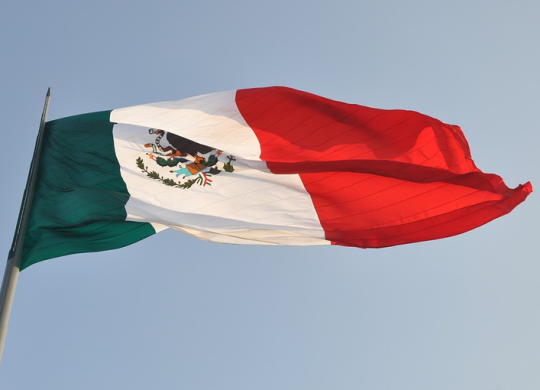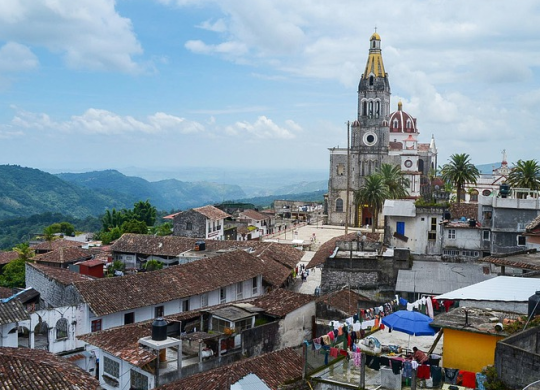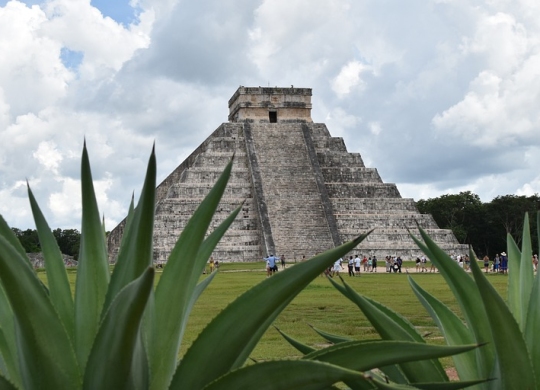Pros and cons of living in Mexico. How to get a residence permit and citizenship

Mexico is a colorful country with ancient culture, bright holidays, unusual traditions, delicious national cuisine, a warm climate, and beautiful beaches. Mexico is a country of contrasts: modern architecture and ancient pyramids, well-kept beaches and impenetrable jungles, friendliness of residents, and criminality.
Also, this country has a clean, healthy ecology and wonderful nature. Resorts of the Caribbean coast, high mountains, breathtaking canyons, harsh deserts, majestic volcanoes, and powerful waves of the Pacific Ocean. The government will carefully take care of the environmental safety of industrial productions, and if we are talking about resort areas, then here the environmental legislation is especially careful not to disturb the natural balance.
All these facts make Mexico a very attractive country both for tourism and for living in it.
Pros and cons of living in Mexico
Mexico is a multifaceted country and is suitable for many categories of people. It is not difficult to issue a visa, a temporary or permanent residence permit, and, in the future, the opportunity to obtain citizenship through naturalization. But, like any country, Mexico has its immigration peculiarities. Some like it after moving, while others feel discomfort.
Let's list the advantages of living in this country:
• Freedom to travel the world. Simplified procedure for obtaining a 10-year visa to the USA. No visa is required for Canada, Great Britain, EU countries, Japan and New Zealand.
• Always a warm climate and abundant nature.
• Lots of greenery, city centers are quite clean, healthy and clean ecology is the policy of the state.
• People are positive and open. There is no boorish mentality.
• Rich, authentic culture. Traditions and historical and cultural values have been preserved.
• A wide range of spa services in economic terms.
• Fairly inexpensive living. All advanced technologies are coming to Mexico as fast as they are to other countries. If you have a financial "rest", by working in Mexico or on remote access, you can easily provide yourself with the standard of living that you are used to, but for much less money.
Let's consider the disadvantages:
• Corruption is first and foremost.
• The level of education is very low.
• Medicine in small towns can be a problem. It is better to look for doctors through acquaintances.
• Some small towns do not have storm drains (when it rains, there may be unpleasant consequences).
• Crime, you should always approach the location where you are going to live from a security point of view.
How to get a KMA in Mexico?
If there is a reason, obtaining a residence permit will not pose any particular difficulties. Here are some good reasons:
• Marriage with a citizen of the country.
• Work in a local company.
• Obtaining a temporary KMA, if you are a research scientist.
• Birth of a child on the territory of the country.
• Studying at the university.
• Investments in the local economy.
• Family reunification program.
• Great passive income.
Options for obtaining citizenship after KMA
Not all residents subsequently dare to obtain Mexican citizenship. However, this is also not a difficult issue if you have no problems with the law, and you have lived the required amount of time in the country. In most cases, you must have lived in Mexico for at least five years before the date of application. Moreover, it can be a temporary or permanent status, depending on the candidate's situation. If an applicant for naturalization marries a Mexican or has a child born in Mexico, the period is reduced to 2 years of legal residence. The same period can be applied to Spanish citizens.
The Law on Citizenship also establishes that a foreigner wishing to become naturalized must:
• Apply to the Secretariat of Foreign Affairs;
• To demonstrate knowledge of Spanish and Mexican history, and national culture;
• Confirm integration into the local community.
Recommended articles
4 min
Residence permit
2 min
Residence permit
5 min
Treatment
4 min
Work
All materials and articles are owned by VisitWorld.Today and are protected by international intellectual property regulations. When using materials, approval from VisitWorld.Today is required.
